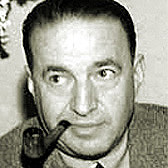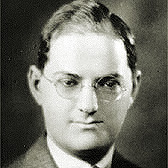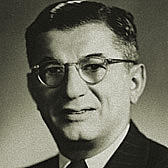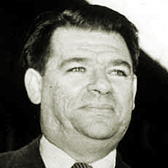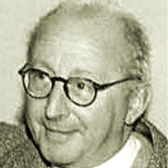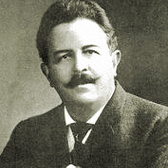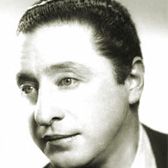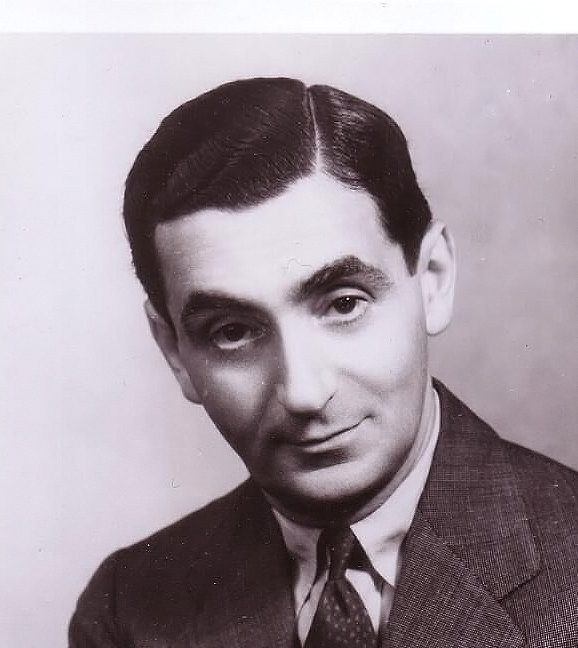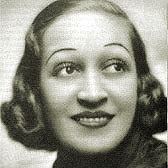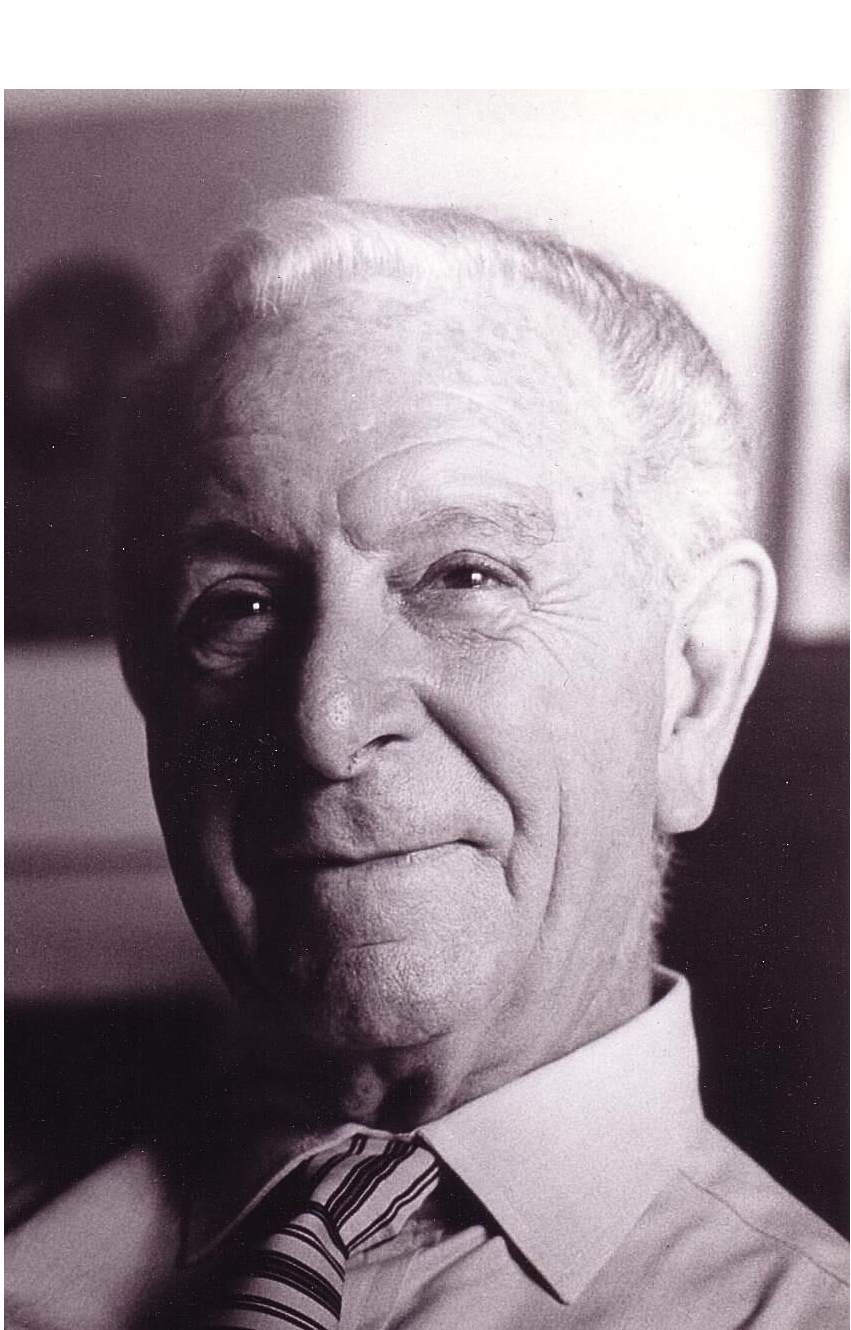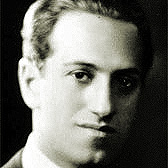
Father of America's Songbook
George Gershwin
InducteeRenowned works in jazz, classical, Broadway and film music
George Gershwin was born in New York City on September 26, 1898, as "Jacob Gershvin" - a child of a Russian immigrant whose original name was Gershovitz but adapted to the Americanized "Gershwin".
He grew up in New York City and his precocious talent for music started early on a piano bought for his older brother Ira. After attending New York City public schools, he dropped out of high school to become a musician. At the age of 16 he worked as a song plugger for a Tin Pan Alley publisher and soon after he was hired as the rehearsal pianist for a new musical Miss 1917 by Jerome Kern and Victor Herbert. By 1919, he had a huge hit song of his own, "Swanee" with a lyric by Irving Caesar. Al Jolson sang it in a show called Sinbad and the song took off, selling more than a million copies of sheet music and more than two million phonograph recordings. And from there on, he moved from success to success, producing a catalog of over a thousand songs, most of which have achieved status as standards in American Popular song.
In the early years of his career, Gershwin's songs had been inserted into other people's shows, but in 1919 he wrote his first complete Broadway score, La, La Lucille with lyrics by Buddy De Sylva. His Broadway musicals to follow, majority written with brother Ira, included Lady, Be Good! (1924, including "Fascinating Rhythm"), Tip Toes (1925, including "Sweet and Low Down"), Oh Kay! (1926, including "Clap Yo' Hands", "Do-Do-Do", "Maybe", and "Someone To Watch Over Me"), Funny Face (1927, including “’S Wonderful”), Rosalie (1928, including "How Long Has This Been Going On"), Show Girl (1929, including "Liza"), Strike Up the Band (1930, including "I've Got A Crush On You" and "Soon"), Girl Crazy (1930, including "But Not For Me", "Embraceable You", "Bidin’ My Time", and "I Got Rhythm"; the pit band for this show included an assortment of such future famous names as Gene Krupa, Glenn Miller, and Benny Goodman), Delicious (1931, including " Blah Blah Blah"), Qf Thee I Sing (1931, the first musical to win the Pulitzer Prize and which included "Of Thee I Sing", "Love Is Sweeping The Country", and "Who Cares"),.Pardon My English (1933 including "Isn't It A Pity" and "Lorelei"), and Let 'Em Eat Cake (1933, including "Blue Blue Blue" and "Mine").
Among the movies for which he and his brother wrote scores was Shall We Dance (1937), which included such classic songs as "They All Laughed", "Let's Call the Whole Thing Off", and "They Can't Take That Away From Me". For A Damsel In Distress (1937) they wrote "Things Are I -'ooking Up", "A Foggy Day", "Nice Work If You Can Get It", and "I Can't Be Bothered Now".
At the time of his death, he was working on The Goldwyn Follies (1938) for which he and Ira wrote "Love Walked In" and "Love Is Here to Stay". Other notable songs include "Somebody Loves Me" (lyric by Buddy DeSylva and Ballard MacDonald, from George White’s 5candals of 1924) and "The Man I Love" (lyric by Ira Gershwin, dropped from Lady Be Good! in 1924).
George Gershwin had serious ambitions in the realm of classical music, studying with such classical composers as Henry Cowell and Wallingford Riegger. His first public step in this direction came when Paul Whiteman commissioned a piece from him for a special concert at New York's Aeolian Hall and the result was "Rhapsody in Blue" (1924). This triumphant score was followed by "Piano Concerto in F" (1925) and "An American in Paris" (1928). His score for Porgy and Bess (1935, with lyrics by Ira Gershwin and Dubose Heyward) straddles the world of opera and Broadway and includes such classic songs as "Summertime", "Bess You Is My Woman Now", "It Ain’t Neccessarily So", and "I Got Plenty O’ Nuthin"'. It was not originallv a success, but with the passage of years many have come to consider it the greatest American opera written to date.
Gershwin was an intensely social person, and his crowd included such personalities as Moss Hart, Lillian Hellman, Edward G. Robinson, film director Rouben Mamoulian, pianist and celebrity Oscar Levant, Harold Arlen, Vincente Minnelli, Irving Berlin, Dorothy Fields and Ginger Rodgers. He also served as a mentor to many younger musicians, including Morton Gould and Burton Lane.
Scroll to Discover George Gershwin Connections


